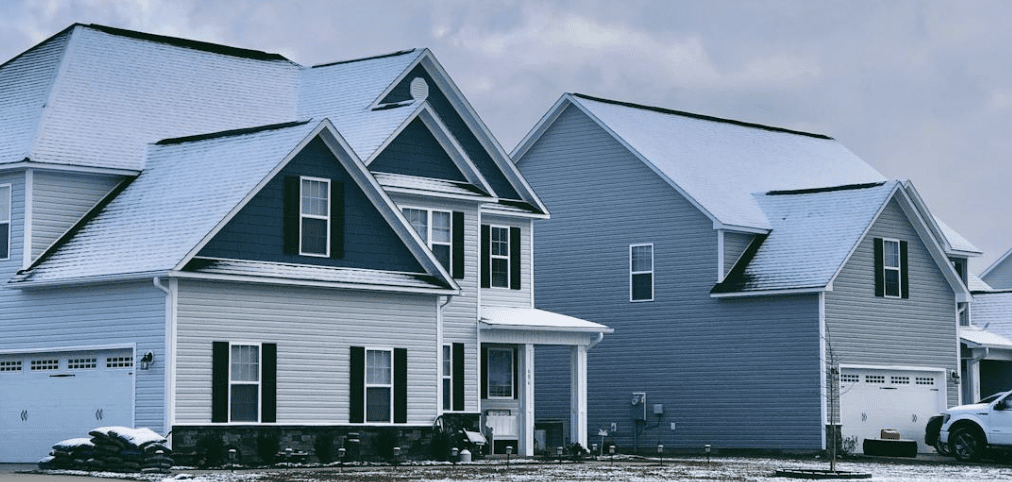Steps to Successfully Buy Your Second Home
Steps to Successfully Buy Your Second Home
Blog Article
A Complete Guide to Buying a Second Home
Investing in a 2nd house has become a popular economic and lifestyle choice for many. Whether you're considering a vacation getaway or perhaps a how to buy a second home and rent the first, getting another house comes with its own pair of challenges and considerations. Below, we break up essential factors to weigh before making this significant investment.

1. Realize the Economic Responsibility
Owning a next home indicates increasing on costs such as mortgage obligations, house fees, maintenance, and insurance. In line with the National Association of Realtors, 72% of second-home customers finance their purchase with a mortgage. What this means is you'll need certainly to budget for another pair of constant costs. Additionally, lenders often need larger down funds (commonly 20-30%) and demand larger interest charges for next mortgages to mitigate risk.
It's also advisable to factor in concealed charges like preservation and repairs, which can normal 1-4% of the property's price annually, depending on the spot and era of the home. If the second home is located in a high-demand holiday place, deciding on property administration companies could further raise prices but also simplify leasing out your property.
2. Consider the Spot Logically
The positioning of your second house can somewhat influence their long-term value and utility. Crucial factors to consider contain regional property market tendencies and house appreciation rates. Zillow Research reveals that houses in coastal areas tend to appreciate by typically 4.1% annually, higher than the national growth of 3.8%. Still, periodic adjustments, closeness to amenities, and supply may also enjoy critical functions in your decision.
If you're buying the home as a holiday home, evaluate how usually you'll really visit, particularly if vacation can become inconvenient or costly. Meanwhile, if you're investing in a hire property, study vacancy prices and hire need in the area. For example, Airbnb knowledge features that homes in downtown hotspots have decrease vacancy prices than rural holiday rentals.
3. Tax Implications Can't Be Dismissed
Purchasing a second house introduces more complicated duty scenarios. An additional house categorized as an individual residence means you can however withhold mortgage interest and property fees within IRS-defined limits. But, hiring it out for a lot more than 14 days annually adjustments it in to an investment home, requiring you to pay taxes on hire income while allowing operational cost write-offs. Visiting a duty advisor to make sure optimum filing is vital when you close the deal.
4. Policy for the Long-Term

While investing in a 2nd home offers you options for hire income and particular enjoyment, contemplate their broader purpose in aligning along with your economic goals. Analyze if it is a sustainable decision around time. Can it be a retirement retreat? An income-generating home? Or equally? Having understanding on these targets can permit you to make educated decisions regarding its use and profitability.
By cautiously evaluating your financial place, industry styles, and long-term needs, you are able to mitigate risks and maximize the advantages of owning a next home. Take some time to research, consult specialists, and assure you make a truly noise investment. Report this page